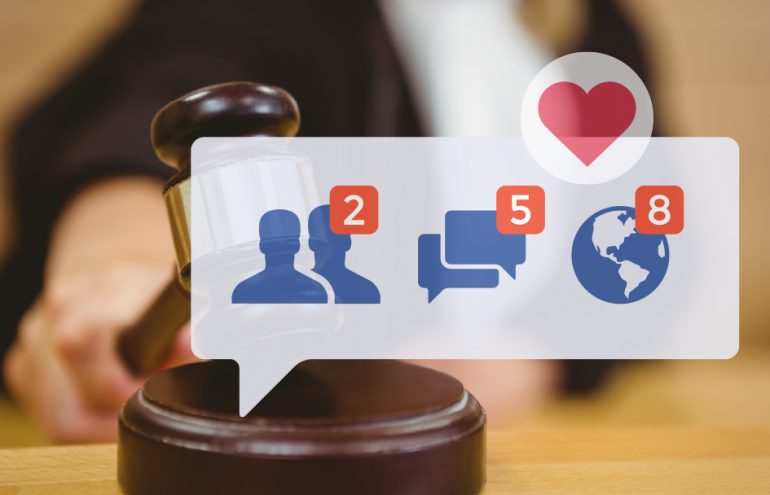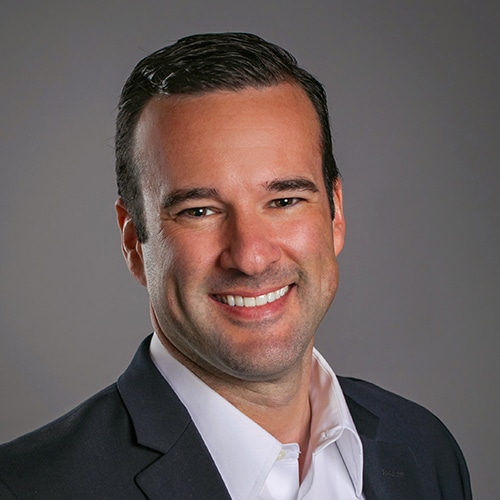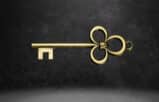lawyers judges social media: Can lawyers and judges be social media friends?

QUESTION
I’ve been practicing in my medium-size legal community for going on 20 years. During that time, I’ve watched technology advance my private practice by leaps and bounds, including client development via social media outlets. I embraced Facebook, Twitter, and Instagram early on — and it’s paid off in my case.
As I’ve made new friends, in-person and online, I’ve watched my social media presence grow. But now I find myself in a potential conundrum. One of my longtime social and professional friends was appointed this year as our newest local judge. We have been social media friends for years.
I haven’t appeared before her yet, but expect I will at some point. Are we obligated to “un-friend” and “unfollow” each other? Our children are friends, too, and participate in many activities together. We share photos online. It appears harmless. Yet I’m thinking it’s not worth the risk.
And, if we do remain, online friends, would disclosure of the online connections prevent any perceptions of impropriety?
ANSWER
Are you obligated to remove all social media connections between the bar and bench? Maybe. Nevertheless, would disclosure solve the risks of perceived impropriety? Probably not. Let’s drill down to see how this issue has developed alongside technological changes.
The ethical conundrum exists for judges and lawyers connecting through social media, let alone communicating on those platforms. The ethical waters are still just as muddy as the various states’ opinions across the U.S. Many judges have made the decision to remain off of social media altogether — a “better safe than sorry” approach. But as social and technological changes progress, is such a disconnect realistic? Don’t the ethics rules for lawyers and judges already sufficiently address risks of impartiality, ex parte communication, and other potential imbalances of justice?
Judges themselves don’t seem quite sure. In a 2014 Conference of Court Public Information Officers survey of 252 judges, 44.5 percent agreed that judges can use Facebook without ethics concerns, a drop of more than 5 percent from a 2013 survey. However, 27 percent said they disagreed with the statement and more than 28 percent were neutral.
What is clear is that legal professionals must exercise additional caution when it comes to social media use, if they are using social media at all.
Focus on the Public’s Perception
Under Rule 2.9(A) of the ABA Model Code of Judicial Conduct, “[a] judge shall not initiate, permit, or consider ex parte communications, or consider other communications made to the judge outside the presence of the parties or their lawyers, concerning a pending or impending matter.” The purpose of this rule, with limited exceptions, is to ensure that parties and counsel to matters may present their case free of procedural or tactical advantage, including the mere perception of such.
Likewise, Rule 1.2 reiterates this point in a broader sense (see Comment 3 to Rule 1.2, “the Rule is necessarily cast in general terms”) near the start of the Model Code: “A judge shall act at all times in a manner that promotes public confidence in the independence, integrity, and impartiality of the judiciary, and shall avoid impropriety and the appearance of impropriety” (emphasis added).
Additionally, with such social media connections and “friendships” must come great care when posting, tweeting, commenting, and so on. As Rule 2.10(A) states, “[a] judge shall not make any public statement that might reasonably be expected to affect the outcome or impair the fairness of a matter pending or impending in any court, or make any nonpublic statement that might substantially interfere with a fair trial or hearing.”
Per Se Violation?
Let’s look at the wide-ranging approaches of jurisdictions regarding online connections between judges and lawyers, especially those appearing before the bench. States remain split overtaking “friendships” into the social media context. Nonetheless, the concerns over ex parte communications and the appearance of impropriety make controlling private and public interactions a very delicate arena.
In general, there are two categories of standards for lawyer-judge social media connections:
- Allowed, with caution and compliance with the rules
- Not allowed or greatly restricted
These jurisdictions have allowed judges to participate in social media networking to some degree while complying with their Code of Judicial Conduct and other ethics standards:
- Arizona (14-01)
- Connecticut (2013-06)
- Idaho (Code of Judicial Conduct Rule 3.1, Comment 5)
- Kentucky (JE-119 (2010))
- Maryland (2012-07)
- Missouri (186 (2015))
- New Mexico (Concerning Social Media (2016))
- New York (08-176; 13-39)
- Ohio (2010-7)
- South Carolina ( 17-2009)
- Tennessee (12-01)
- Utah (12-01)
- West Virginia (Code of Judicial Conduct Rule 3.1, Comment 6)
- ABA (ABA Formal Opinion 462)
In Ohio, the Supreme Court’s Board of Commissioners on Grievances and Discipline wrote the following in its Opinion 2010-7:
A judge may be a “friend” on a social networking site with a lawyer who appears as counsel in a case before the judge. As with any other action a judge takes, a judge’s participation on a social networking site must be done carefully in order to comply with the ethical rules in the Ohio Code of Judicial Conduct.
The opinion goes on to expressly mention the Canon Rules covered above, as well as the need for judges to disqualify themselves from a proceeding when the judge’s social networking relationship with a lawyer creates bias or prejudice (see Rule 2.11). This explanation generally summarizes the “qualified yes” answer followed by these states.
In contrast, some jurisdictions restrict the judiciary from participating in social media networking to a greater degree:
- California (66 (2010))
- Florida (2009-20; 2012-12; 2013-14)
- Massachusetts (2011-6; 2016-01; 2016-08; 2016-09)
- Oklahoma (2011-3)
In Florida, the Supreme Court’s Judicial Ethics Advisory Committee determined that judges could not be social media friends with attorneys who appear before them. The committee specifically noted that “social networking sites are broadly available for viewing on the internet. Thus, it is clear that many persons viewing the site will not be judges and will not be familiar with [the ethical rules] which seek to assure the judge’s impartiality.” The opinion goes on to say that the question becomes how might the connection be viewed as conveying an impression that someone is in a special position to influence the judge. And not only does disclosure of such a connection not cure this issue, it further brings it to light.
In a real-world example, this 2009 Florida opinion was found to be “instructive” to a Florida Appellate Court, which held that a trial judge presiding over a criminal case was required to recuse himself because the judge was Facebook friends with the prosecutor. See Domville v. State. The opinion points out that: “[a] mere ‘subjective fear[ ]’ of bias will not be legally sufficient; rather, the fear must be objectively reasonable,” citing Fischer v. Knuck. The unanimous court agreed that the criminal defendant’s alleged facts in his affidavit would create a well-founded fear in a reasonably prudent person of not receiving a fair and impartial trial due to the impression that the prosecutor’s Facebook friendship put that prosecutor in a special position to influence the judge.
Ever-Changing Landscape
The social media platforms of yesterday are not those of today, and certainly not tomorrow. New ways to connect with friends, family, colleagues, neighbors, leaders, and influencers will evolve beyond today’s imagination. And as new networks arise, new questions will come of what we must do and what we should do.
As is the case with other technological changes, social media in and of itself does not create problems for lawyers and judges. The changes simply create new circumstances under which the legal profession is obligated to take due care. This duty is amplified by the very public, very accessible, and very permanent nature of the social media world.
Yet, now and in the future, the same principles that apply in other public settings will apply in the virtual world.
About the Illinois Supreme Court Commission on Professionalism
The Commission on Professionalism was established by the Illinois Supreme Court in September 2005 to foster increased civility, professionalism, and inclusiveness among lawyers and judges in the state of Illinois. By advancing the highest standards of conduct among lawyers, we work to better serve clients and society alike. These duties we uphold are defined under Supreme Court Rule 799(c). For more information, please visit 2Civility.org, the Illinois Supreme Court Commission on Professionalism’s website.

Illustration ©iStockPhoto.com
More Good Ideas from Attorney at Work
Subscribe to the Daily Dispatch and Weekly Wrap (it’s free) and follow us on Twitter @attnyatwork.






















